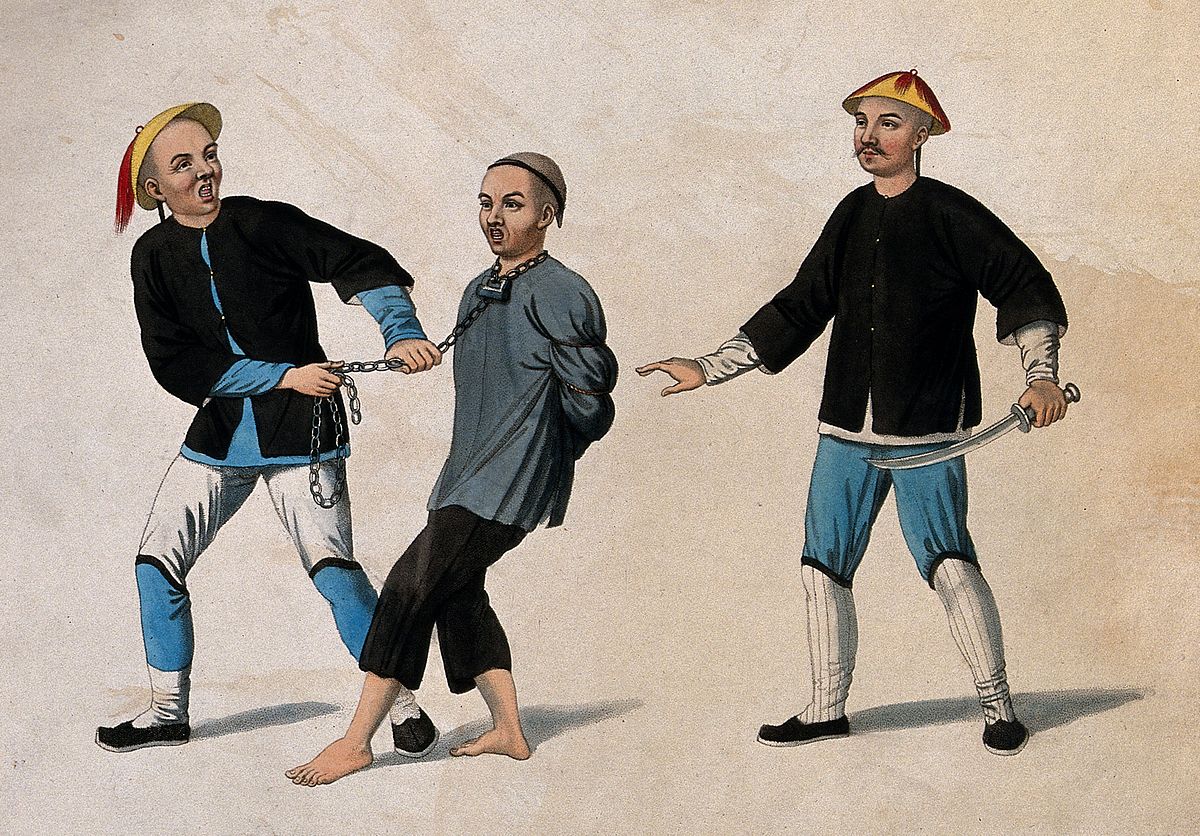Newly standing on a world stage can make for an awkward posture. Every country has its faults, but some practices, like China stocking its market of internal organs by harvesting from executed prisoners, is particularly beyond the pale. Of course, it’s difficult to stop commerce practices long established, especially in a nation flooded with money and lacking in human rights. From the Economist:
TRANSPLANT operations in China have long relied on organs taken from executed prisoners, a practice that has led to such abuses as the timing of executions to meet organ demand, with no notification of relatives. As by far the world’s biggest user of the death penalty, China could count on an abundant—if still far from adequate—supply. But in recent years, stung by international criticism, it has been trying both to reduce executions and to end the harvesting of organs from executed prisoners without their, or their families’, consent. Since January 1st the government has insisted that no such organs be used for transplants. Ensuring compliance, however, will be difficult.
The number of executions is almost certainly falling, even if it remains far higher than in the rest of the world. The government does not release data, but the Dui Hua Foundation, an American NGO, reckons there were around 2,400 executions in 2013, down from 6,500 in 2007. In spite of the impact this has had on organ supply, the government still seems keen to sever the grim link between hospitals and courts that allows wealthy (or well-connected) patients to use organs from condemned prisoners. In theory, the rules mean that hospitals will be able to obtain only organs donated by volunteers to a national organ-bank. …
Persuading the public to donate remains a problem. Many Chinese adhere to a traditional belief that the body has to be kept intact to show respect for ancestors. A senior official at a provincial branch of the Red Cross Society of China, the agency responsible for the donor scheme, says that a lucrative backdoor trade in executed prisoners’ organs will be hard to stop.•

